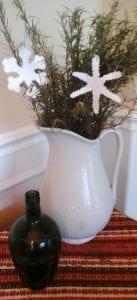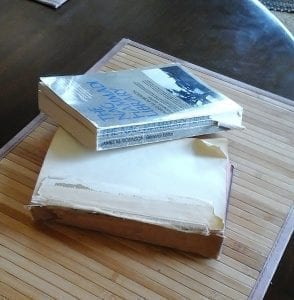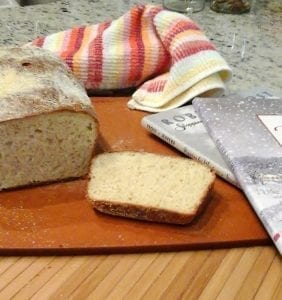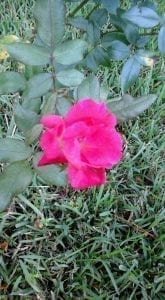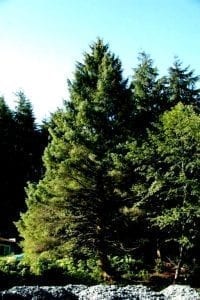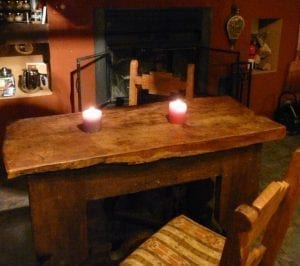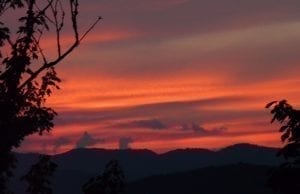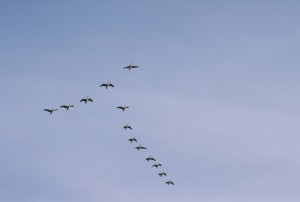What is suppressed is what we are most afraid of and fear carries a sub label of secretive which must go along with the word afraid. Even in today’s world of reality shows, there are still those who carry their fears close to the chest. And often do not think of solitude as safe; reason enough when some enter their home all manner of noises are pressed into being. Anything to combat the silence where thoughts arise. Silence becomes the enemy to master and not one of comfort.
And we wish not to remember. Dismissing memories is to lock the vault only to have it burglarized and be called to remember without those whose presence would have made the memories bearable. Whether in joy or sorrow. They can be dismissed and put on the shelf for another time but confronted they will demand to be. A life can be one of choice concerning memories as well as other commodities. But to put memories into a vault and to tightly lid them is to crowd the emotions into a body with no death as a release and death has a place in man as well as in nature.
Indeed man is natural and belongs to nature because he should be at home in this physical world. Death in nature is acceptable but in man seldom, except as he makes himself so undesirable that others wish his demise. Yet death is always with us and its purpose is to release from the physical what can no longer be housed comfortably.
The body must also be part of mind’s growth. The body cannot be left in the cold while the head does its intellectualizing. It is all part of the whole. Our head could say I am handling this well but the body knows better if it has not caught up with the intellectual growth. Until the work is done within, where the strength of the body is built up, we will have a condition needing remedial work. When there is a cohesiveness within the mind body factor, there is also a peaceful coexistence.
We Give No Thought
We give no thought
to the end of breathing
for in the midst of things
we are satiated.
But when the void deepens
and all things pall,
in the privacy of our night,
we sweat.
We are drenched
with fear,
drowning in our panic
for we have no anchor.
We are a people
with no spirit. . . .
full of ourselves,
devoid of the good, we think,
necessary for immortality.
Too bad we are so late
in coming to the altar
of our own divinity.

